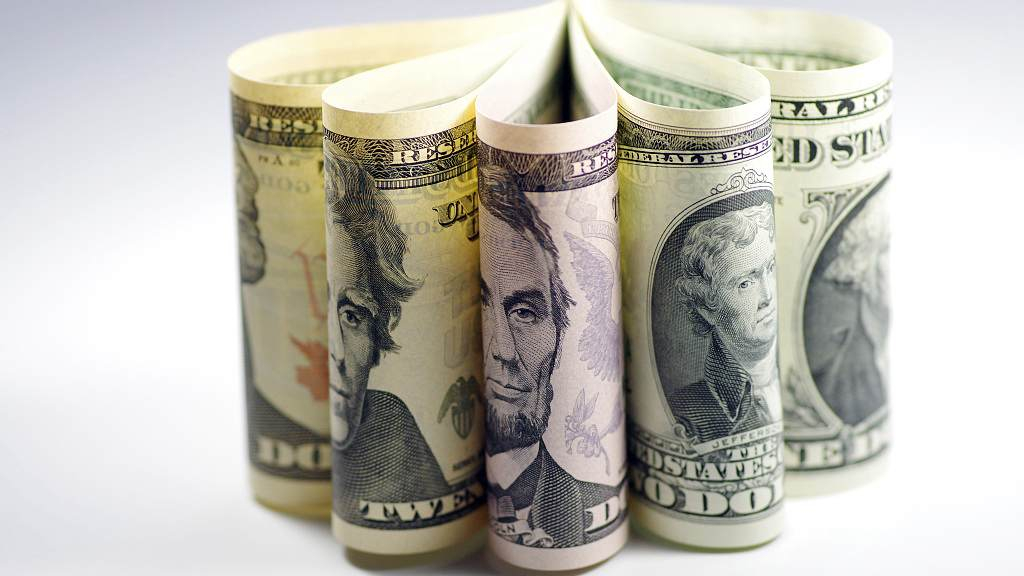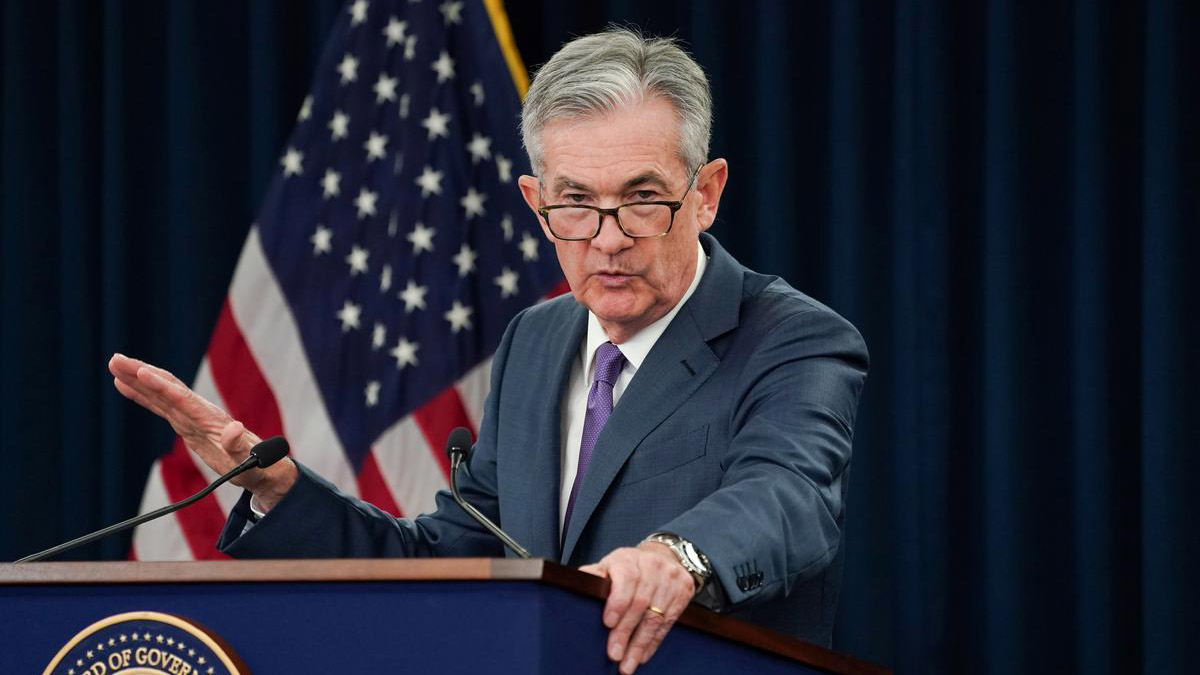

The U.S. Federal Reserve on Wednesday lowered interest rates by 25 basis points for the first time since the Great Recession in 2008. The interest rates will now hover between 2.00 percent and 2.25 percent. So, what is going to be its likely impact?
First things first, a Fed funds rate is the interest rate a bank charges other banks for lending them money from their reserves at the Fed. A rate cut is an easing measure to drum up the economy, if the rate is lower the bank would be more willing to lend other banks at reduced rates. The lower rate benefits borrowers with student loans and auto loans as well as credit card users.
Those collecting interest on savings or certain types of investments could see a drop in their earnings. Usually, cutting interest rates means the U.S. dollars will be cheaper, dragging down currencies pegged to the greenback and lifting those that aren't.
So a cheaper dollar means U.S. exports will be more competitive, education and tourism sectors will get a boost. Moreover, U.S. dollar-denominated assets could see their values drop under common circumstances. But prices of commodities such as oil and gold tend to rise.

Jerome Powell, chairman of the U.S. Federal Reserve. /VCG Photo
Lower interest rates will also dampen capital inflow as they will generate lower yields from dollar assets, lowering the pressure of capital outflows from other countries. Again, these are usual scenarios, but the market sometimes reacts differently based on investors' own assessments, as at present, because it seems to be a one-off rate cut stimulus.
Some investors thought the reduction was not enough while some economists said the economy did not need a rate cut. However, many economists suggested that China would not follow the U.S. in lowering rates. Yi Gang, governor of the People's Bank of China, said that the current interest rate level is appropriate for China.
Yi also noted that reducing rates is a method to tackle deflationary risks. Prices in China are now at a moderate level, given the 2.7-percent consumer price index in May and June. Economists said that a passive rate cut may result in higher prices and any effects on stabilizing China's economy could be limited.

Copyright © 2018 CGTN. Beijing ICP prepared NO.16065310-3
Copyright © 2018 CGTN. Beijing ICP prepared NO.16065310-3